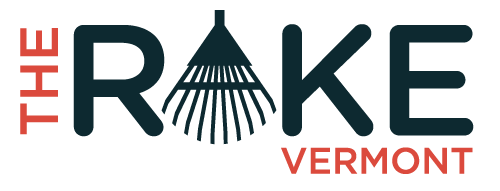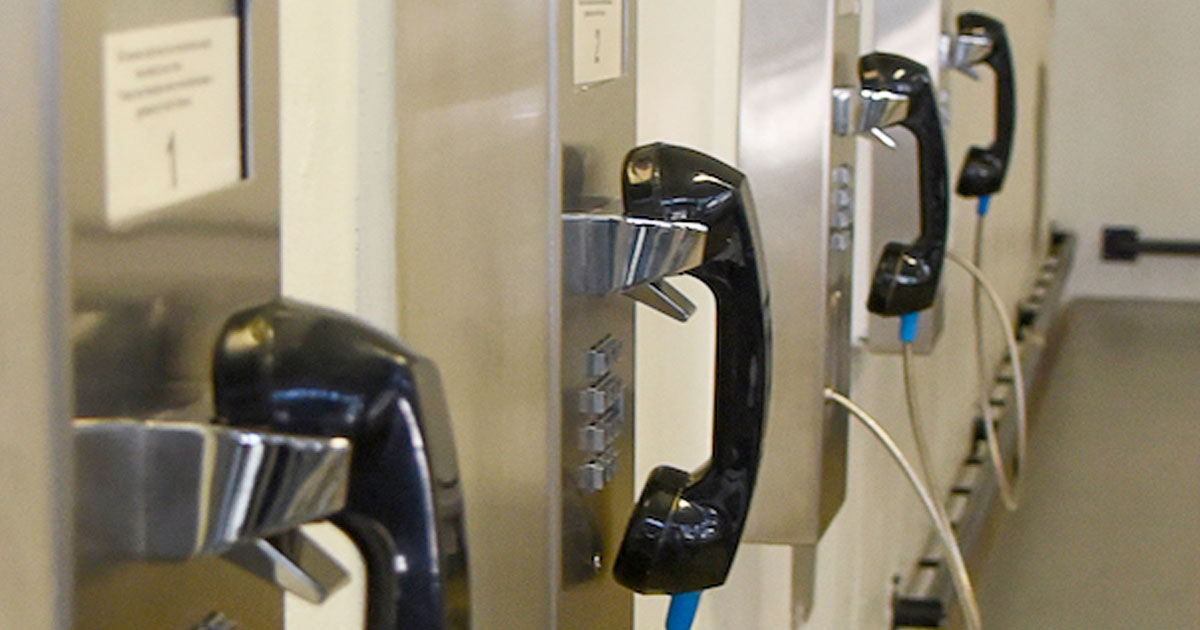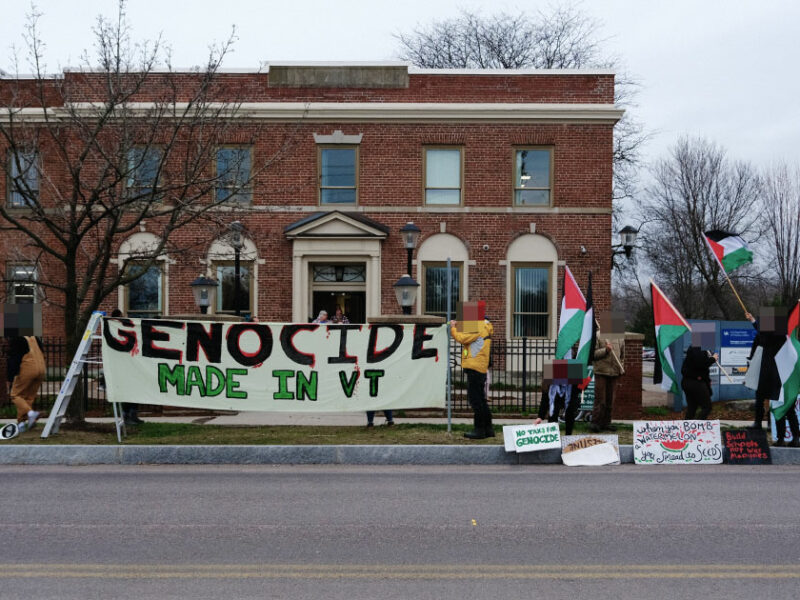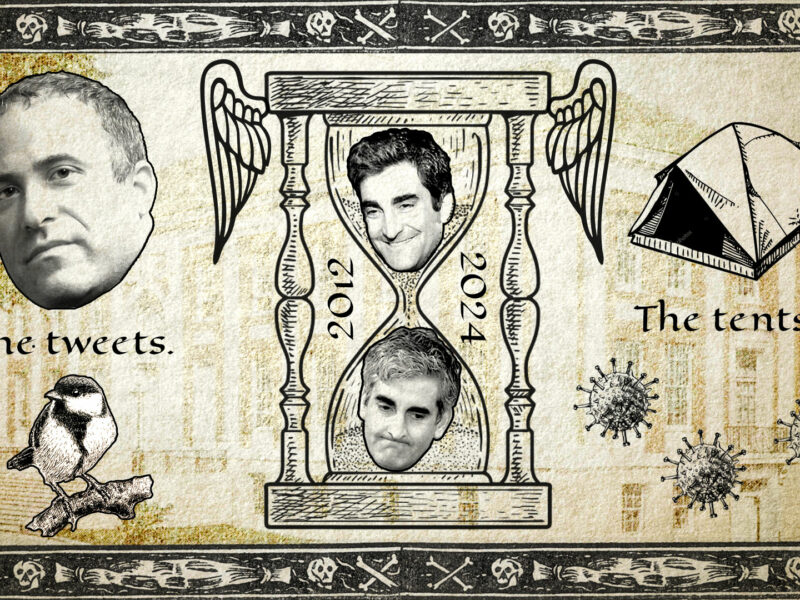In Part 3 of this series we look at how both private corporations and the state generate revenue from high prices charged to incarcerated Vermonters. Read the other parts of this investigative series here.
Vermont, like every other state, has contracts between its Department of Corrections and private, for-profit companies to meet incarcerated people’s commissary, media, and telecommunication needs. The State of Vermont allows these corporations to charge prices that far exceed anything paid by Vermonters on the outside. Moreover, the state receives a portion of the proceeds, incentivizing DOC officials to continue the practice without scrutiny or legislative oversight.
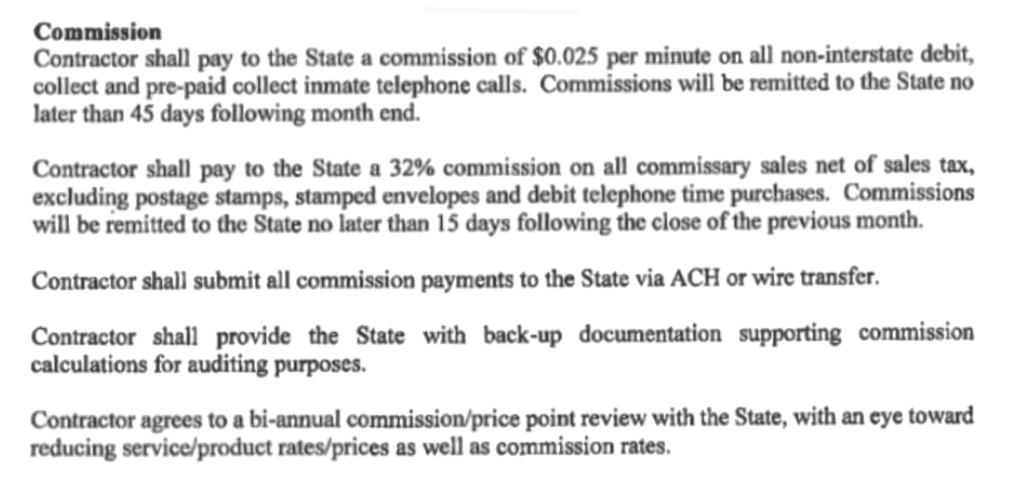
The easy spread of COVID in crowded prisons, especially Vermont prisons, has led to heavy-handed visitation restrictions and mass isolation as a solution to deal with COVID outbreaks. While these tactics may have led to fewer COVID deaths, it has exacerbated deteriorating mental and physical health among people in Vermont prisons, with several suicides reported this year.
In addition it has forced incarcerated Vermonters to rely on telecommunication to stay in contact with loved ones.
Global Tel Link (GTL), a billion-dollar company that controls a large percentage of the prison telecommunication market, holds the contract to install and run telecommunications for all Vermont prisons. GTL has a history of exploiting incarcerated people for large profits and, given the system in place and its literally captive users, COVID has only supercharged their financial gains.
GTL has had multiple lawsuits brought against them, both by states and by formerly incarcerated individuals. In 2016, GTL was charged with bribing Mississippi corrections officials by giving them kickbacks in exchange for lucrative state contracts. They settled the lawsuit for just $2.5 million. In 2020, they were ordered to pay $25 million to people formerly incarcerated in New Jersey for keeping money that was in their personal accounts, even after they were no longer incarcerated. In the beginning of 2022, GTL settled a second, similar class-action lawsuit in Georgia for $67 million.
In Vermont, the DOC’s cut of GTL profits is explicitly written into their contract with GTL. The DOC takes nearly one-third of all commissions from the commissary and 2.5 cents per minute on local calls. According to data from the Prison Phone Justice Website, incarcerated Vermonters are charged over $100,000 in extra fees to the state per year from phone calls alone, and in 2017 they paid over $160,000 in fees to the State of Vermont. Yearly totals, including commissions, show over a half million dollars paid by people incarcerated in Vermont. Money generated from these fees goes into an “inmate recreation special fund.” This money can be used, at the discretion of the DOC Commissioner, to enhance recreational activities for incarcerated people, as a loan fund for incarcerated people, or toward voluntary contributions for community and individual restoration. There is no oversight or publicly accessible documentation showing how these fees are used in practice, and there is no explanation as to why the state of Vermont would not otherwise include these recreation costs in the DOC’s yearly $160 million budget.
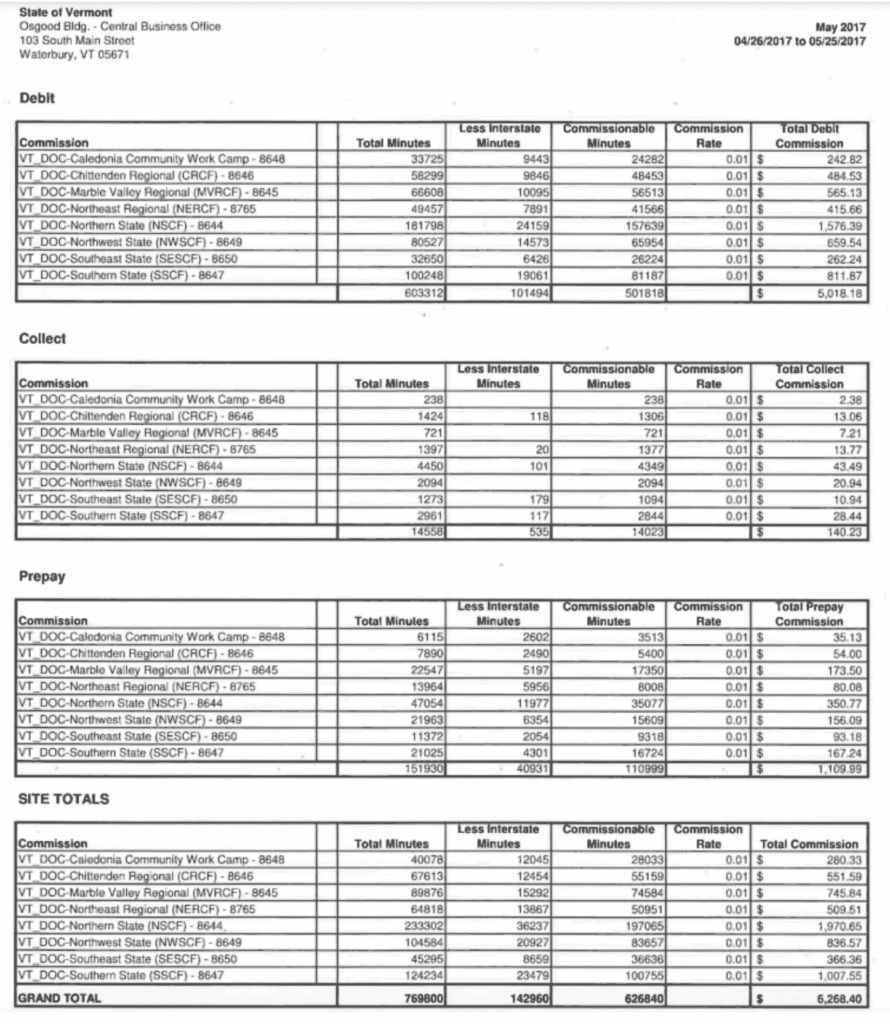
When compared to for-profit companies outside of prisons, GTL’s markups are significant. It’s hard to determine the markup on GTL’s phone call rates, as major US phone companies no longer sell plans by the minute. However, Mint Mobile offers a SIM card for one year at $15 per month, including unlimited talk and text and 4GB of data per month. For comparison, three 25-minute video visits cost $18.75 through GTL.
Xfinity/Comcast offers internet to low income households for only $10 per month, or less than two 25-minute video visits. The prison markup on video conferencing is hard to determine, but when one considers that it costs 50 cents per day for FM radio, $10 per month for a newsfeed, $6 per month for a game center, and $25 per month to stream music (a service that is free on multiple websites such as Pandora or Spotify), the extra costs that incarcerated Vermonters pay add up quickly.
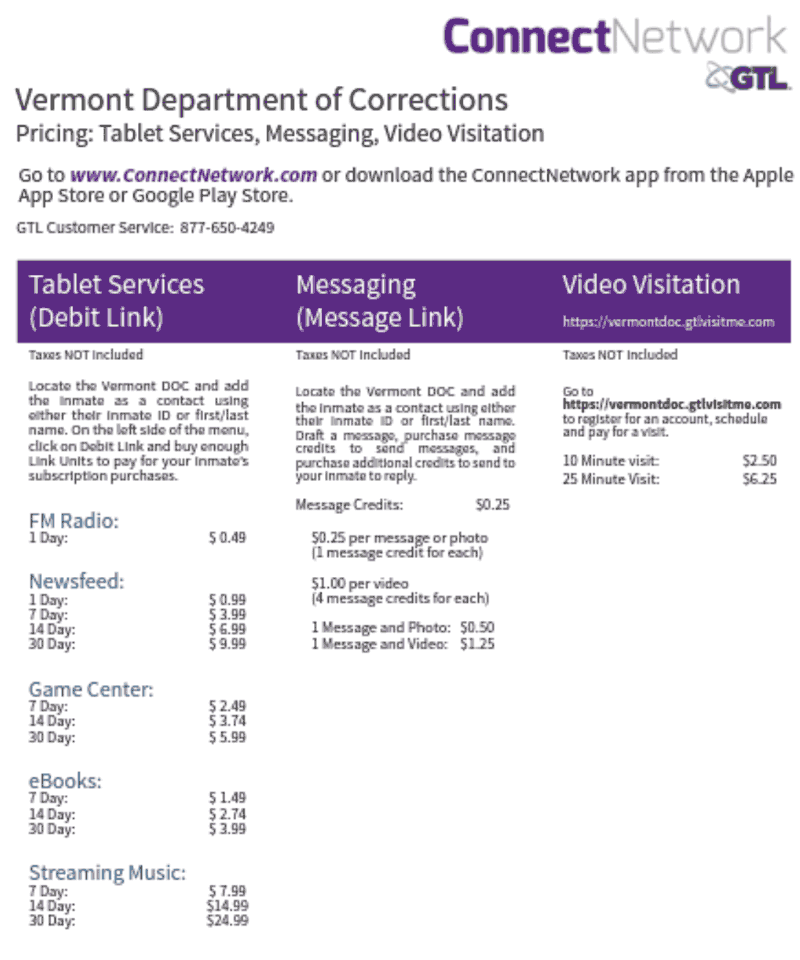
Incarcerated Vermonters do get some “free” perks, which include one 25-minute video visit a week if the facility is not in lockdown, two phone calls a week of up to 5 minutes each, and two one-month gaming subscriptions for the tablets. This clearly does not come close to meeting their needs.
The State of Vermont allows private corporations to monopolize incarcerated Vermonters’ telecommunications, charging them a premium to keep in contact with loved ones. Because the Vermont Department of Corrections receives hundreds of thousands of dollars in fees from these private corporations, they have a vested interest in letting these corporations exploit incarcerated Vermonters. Twice in the last two decades have Vermont politicians attempted to rein in prices. In 2019, State Representative Barbara Rachelson of Burlington introduced a bill to limit GTL profits and DOC’s revenue from them by regulating the “markup on commissary and telecommunication prices in prisons.” It died in committee. Bill H.226 was reintroduced in 2021 with an additional 14 sponsors. This bill also died in committee, and no attempts were made in 2022.
Emily is a writer and organizer on the editorial collective of The Rake Vermont.
